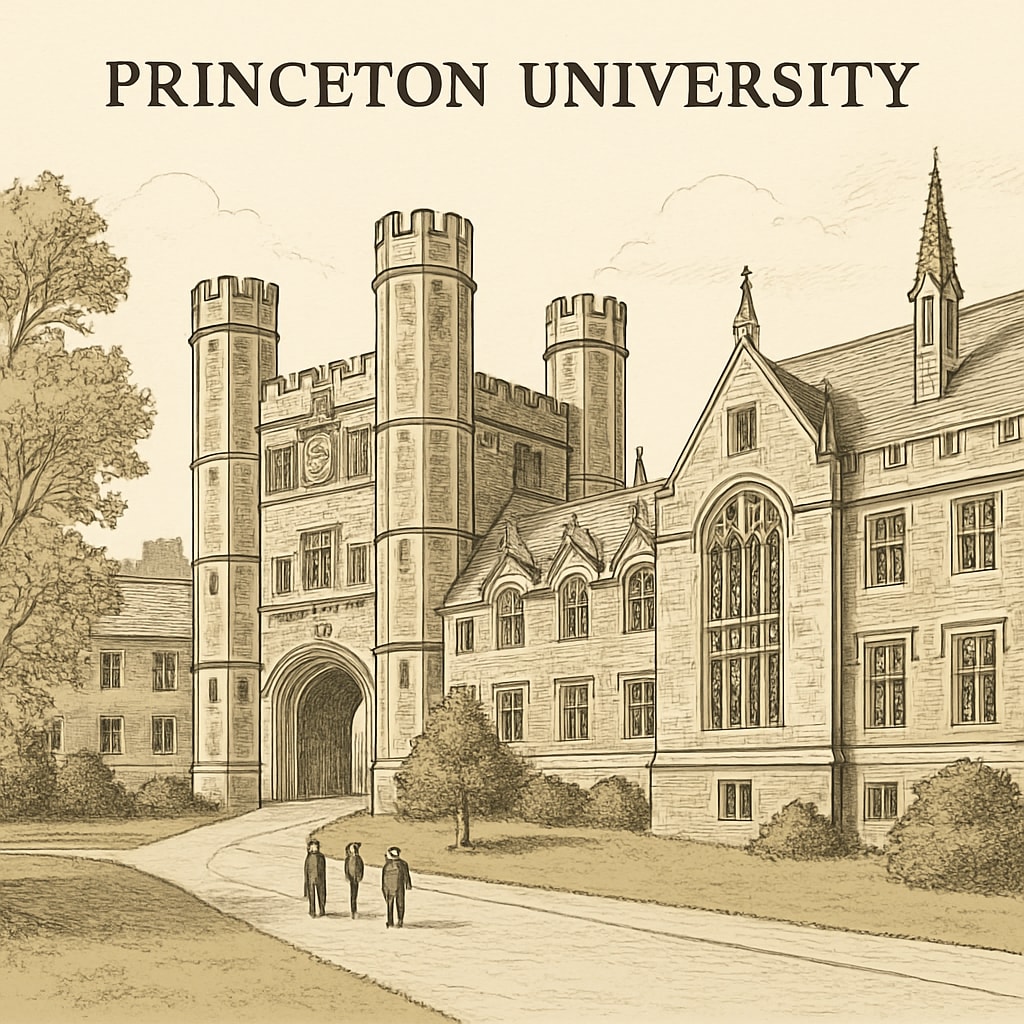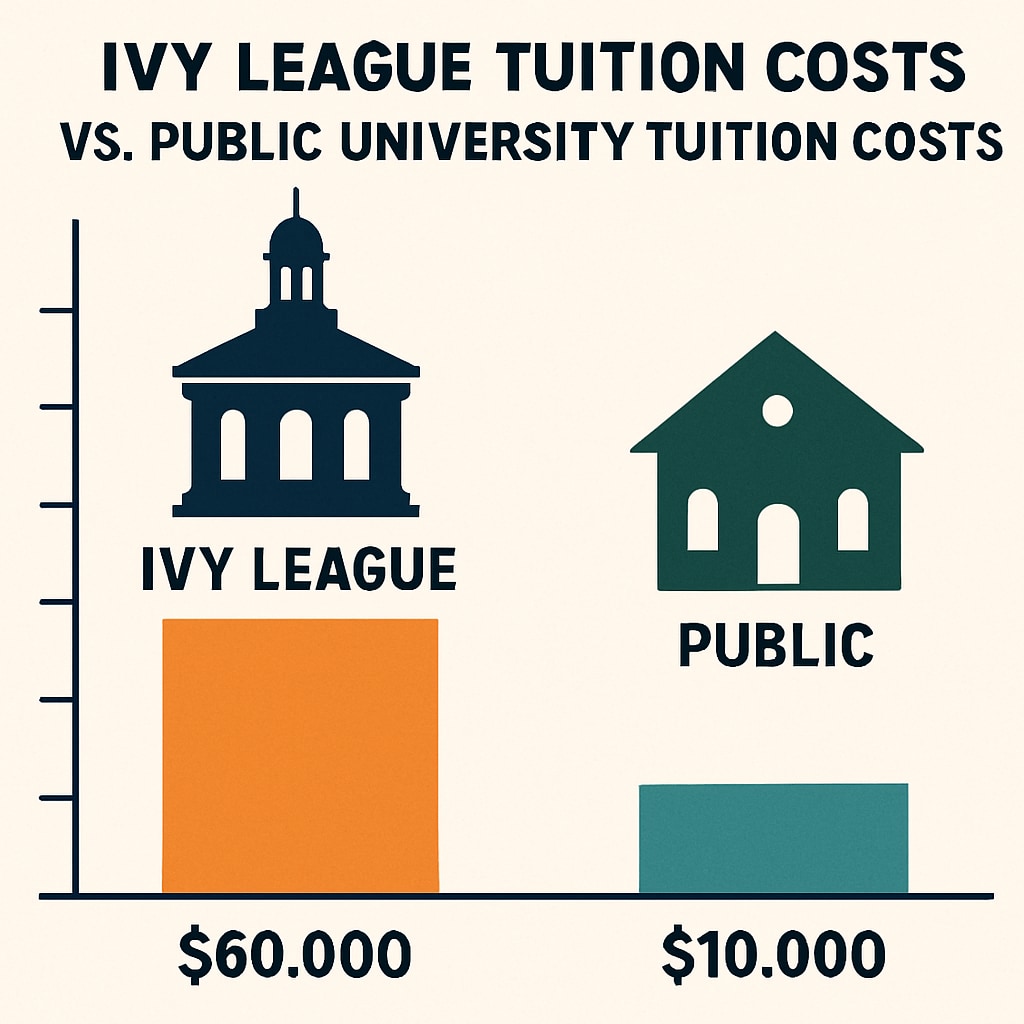Princeton University and its Ivy League counterparts have long been hailed as pinnacles of academic excellence. However, it’s essential to address whether this admiration is justified or if these institutions have been overrated. Are the benefits of attending an elite university truly worth the hype, or have the modern education landscape and societal values evolved beyond the “Ivy League mystique”? This article explores the perceived value of Princeton and other Ivy League schools, shedding light on whether their prestige aligns with real-world outcomes.

Challenging the Ivy League Narrative
The Ivy League has become synonymous with success, wealth, and power. Many parents and educators view it as the ultimate educational goal, often equating admission to one of these schools with guaranteed lifelong achievement. However, the reality is more complex. While Ivy League schools like Princeton offer world-class resources and faculty, their exclusivity often overshadows accessible alternatives that provide comparable or even superior education for less cost.
For example, public research universities and liberal arts colleges often outperform Ivy League schools in specific disciplines. Schools like the University of California, Berkeley, or Amherst College have consistently proven their ability to foster innovation and personal growth. Yet, the Ivy League continues to dominate rankings and public perception, making it crucial to examine how much of this is driven by substance versus branding.
The Costs of Prestige
One significant aspect of evaluating the Ivy League’s actual value lies in its cost. Tuition fees for schools like Princeton frequently exceed $50,000 per year, not accounting for living expenses. While financial aid programs are available, they often favor wealthier families through legacy admissions and donor privileges. In addition, the economic burden of student loans can outweigh the supposed benefits of an Ivy League degree for lower-income students.
Moreover, the networking opportunities touted by Ivy League institutions are no longer exclusive to their campuses. Platforms like LinkedIn and alumni associations from non-Ivy universities have leveled the playing field, allowing students from various backgrounds to access resources that were once monopolized by elite schools.

Reevaluating Educational Goals
In light of these concerns, it becomes imperative for educators and parents to rethink the ultimate goal of education. Should the focus be on prestige, or should it be on practical outcomes such as employability, skill development, and personal growth? While the Ivy League provides unparalleled branding, its ability to cater to the diverse needs of modern students is increasingly under scrutiny.
For example, many non-Ivy universities have embraced interdisciplinary studies, online learning platforms, and global exchange programs to accommodate evolving educational demands. These initiatives often rival or surpass the offerings of Ivy League schools, proving that excellence can come from institutions beyond the traditional elite.
Breaking the Illusion of Overrated Schools
It’s also worth noting that the emphasis on Ivy League schools perpetuates a harmful cycle. Students who don’t gain admission often feel inadequate, despite having exceptional talents and potential. This societal pressure undermines the broader purpose of education, which should celebrate diverse paths to success rather than funnel everyone toward a singular, elitist goal.
As a result, institutions like Princeton may need to reassess their role in an increasingly globalized and democratized education system. By doing so, they can contribute to breaking down the barriers that separate elite universities from equally capable alternatives.
In conclusion, while Princeton and other Ivy League schools undoubtedly offer valuable opportunities, it’s time to challenge the blind admiration they receive. By reevaluating our priorities, we can embrace a more inclusive and practical approach to education, ensuring that excellence is accessible to all.


